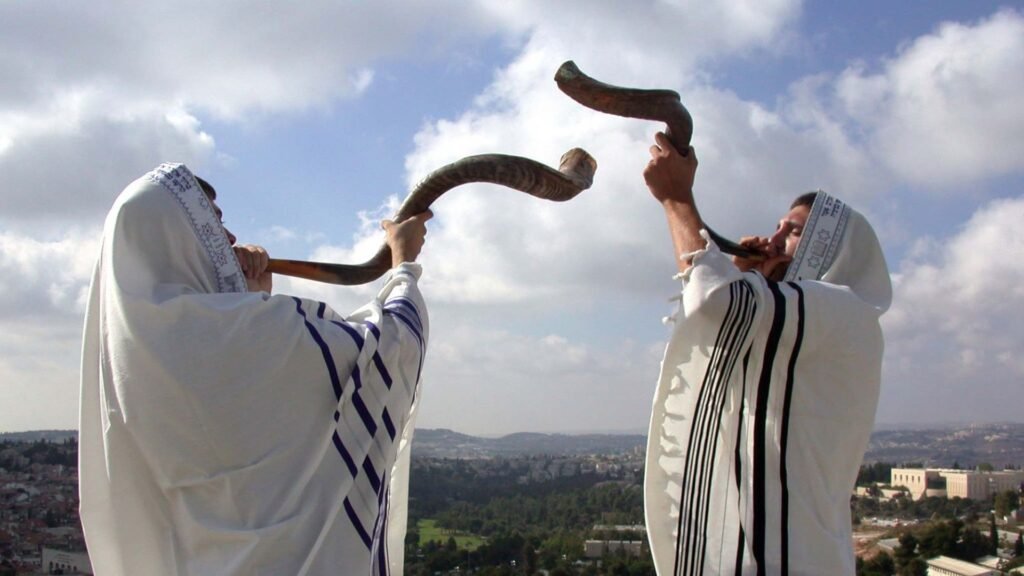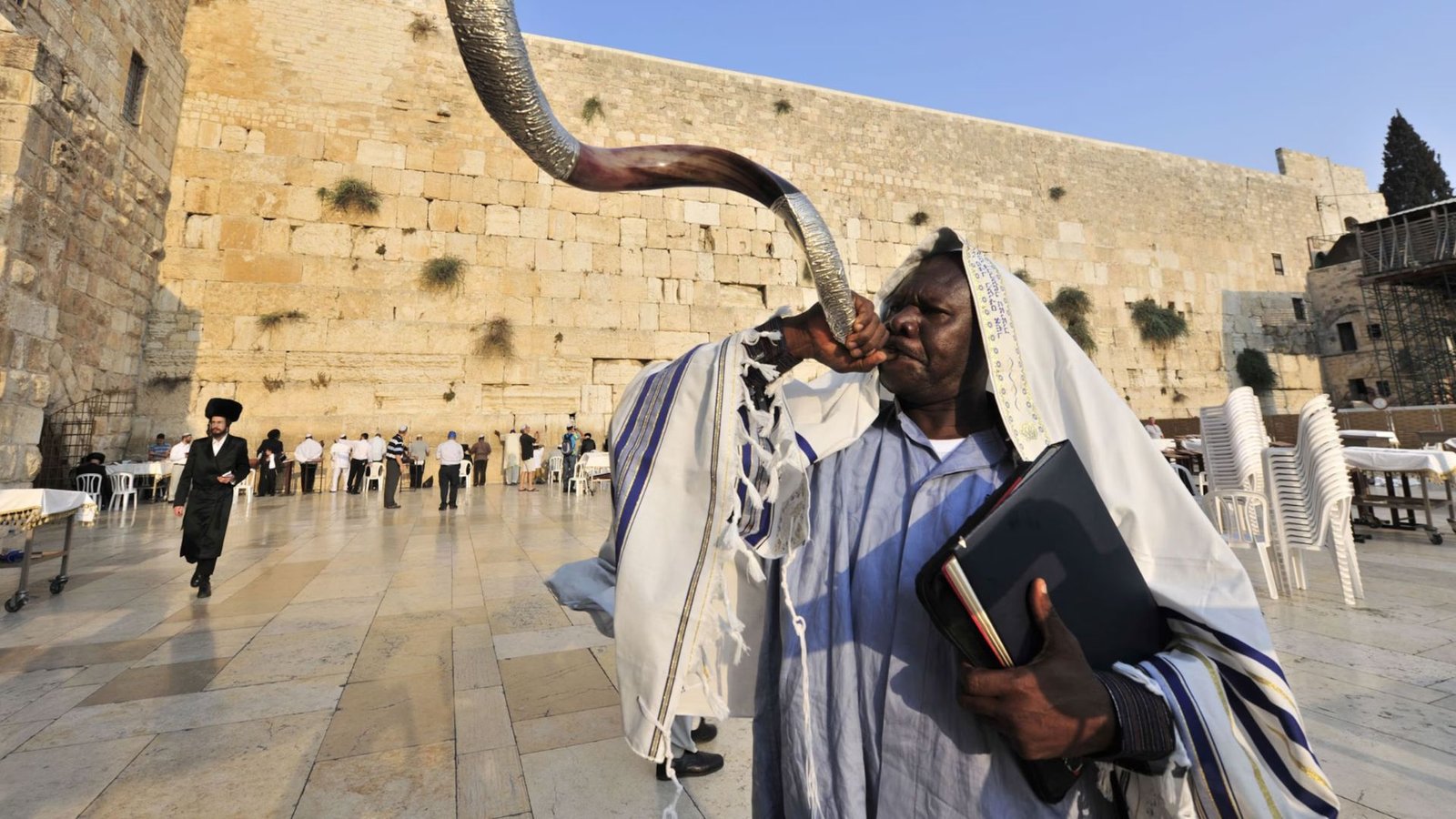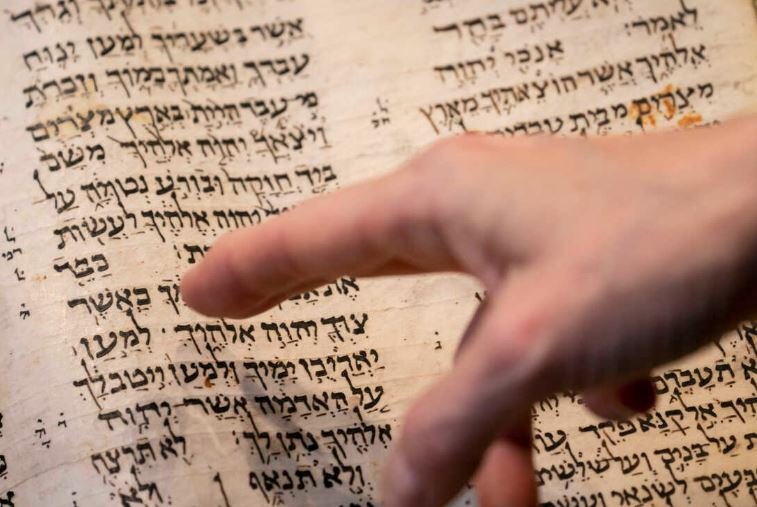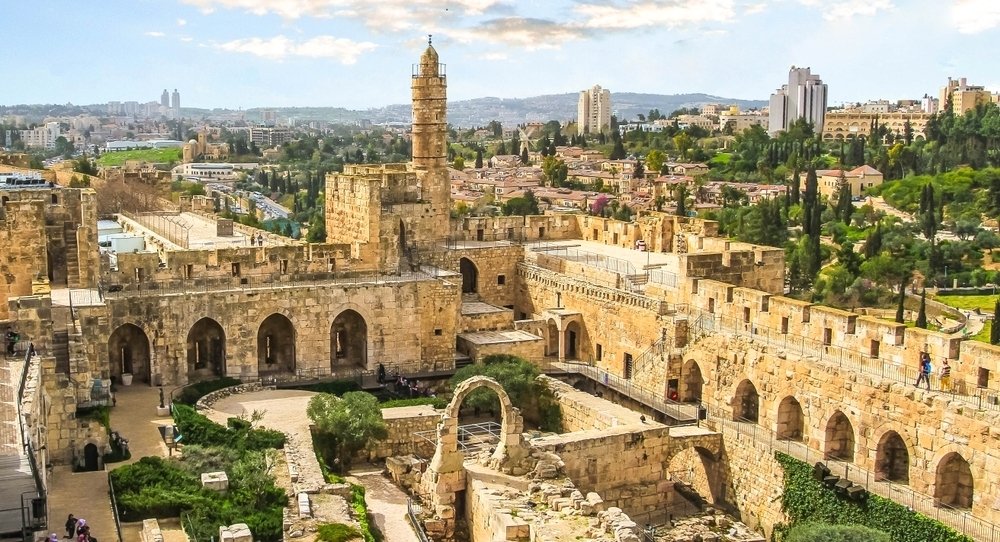Rosh Hashanah, the Jewish New Year, marks the beginning of the Jewish calendar year and is a time of reflection, renewal, and celebration. It falls in early autumn, on the first and second days of the Hebrew month of Tishrei, which typically corresponds to September or October. The traditions and customs observed during Rosh Hashanah hold deep religious and cultural significance, reflecting themes of judgment, repentance, and new beginnings.

Historical and Religious Significance
The Biblical Foundation
Rosh Hashanah is rooted in the Torah and is mentioned in the Book of Leviticus (23:23-25) as a day of rest and blowing of trumpets. Although the term “Rosh Hashanah” itself is not used in the Torah, it is considered the Jewish New Year and a time for evaluating one’s past year and setting intentions for the year ahead.
The Role in the High Holy Days
Rosh Hashanah is the first of the High Holy Days, which culminate in Yom Kippur, the Day of Atonement.
Traditional Customs and Observances
The Shofar
A central tradition of Rosh Hashanah is the blowing of the shofar, a ram’s horn. The sound of the shofar is a distinctive and evocative symbol of the New Year, intended to awaken the soul and inspire reflection.
Tashlich
Another custom is Tashlich, a ritual performed on the afternoon of the first day of Rosh Hashanah. Jews go to a body of water and symbolically cast away their sins by throwing pieces of bread or other food into the water. This practice signifies the casting away of past misdeeds and a commitment to personal growth.
Festive Meals
Rosh Hashanah meals are rich with symbolic foods that represent wishes for the coming year. Apples dipped in honey symbolize a sweet year ahead, while round challah bread, often sprinkled with raisins, represents the cyclical nature of the year and continuity. Other traditional foods include pomegranates, which symbolize a wish for a year filled with as many merits as the seeds of the fruit.
Special Prayers and Liturgies
During Rosh Hashanah, special prayers and liturgies are recited, including the Unetanneh Tokef, which reflects on the themes of divine judgment and mercy. The liturgy emphasizes themes of repentance, prayer, and charity, central to the Rosh Hashanah observance.
Community and Family Involvement
Attending Synagogue Services
Many Jews attend synagogue services during Rosh Hashanah to participate in the communal prayers and listen to the shofar. The services often include unique liturgical melodies and readings specific to the holiday, fostering a sense of unity and spiritual renewal within the community.
Personal Reflection and Resolution
Rosh Hashanah is a time for personal reflection and setting intentions for the year ahead. Many individuals take this opportunity to evaluate their actions, seek forgiveness, and make resolutions for self-improvement. It is a period of self-examination and renewal, aimed at beginning the year with a clean slate.
The Global Celebration
Diverse Customs
Jewish communities around the world celebrate Rosh Hashanah with variations in customs and traditions. While the core themes and observances remain consistent, local cultures and traditions influence how the holiday is celebrated, leading to a rich tapestry of Rosh Hashanah practices globally.
Community Events and Gatherings
In addition to religious observances, many Jewish communities organize festive events and gatherings to celebrate Rosh Hashanah. These events often include community meals, educational programs, and cultural activities that enhance the holiday experience and strengthen community bonds.
Conclusion
Rosh Hashanah is a profound and multifaceted holiday that encapsulates the essence of new beginnings, reflection, and spiritual renewal. Through its rich traditions and customs, Rosh Hashanah provides a meaningful way for Jews to engage with their faith, seek personal and communal growth, and usher in a new year with hope and optimism. By observing these traditions, Jews honor their heritage, reaffirm their spiritual commitments, and look forward to the opportunities and challenges of the coming year.




